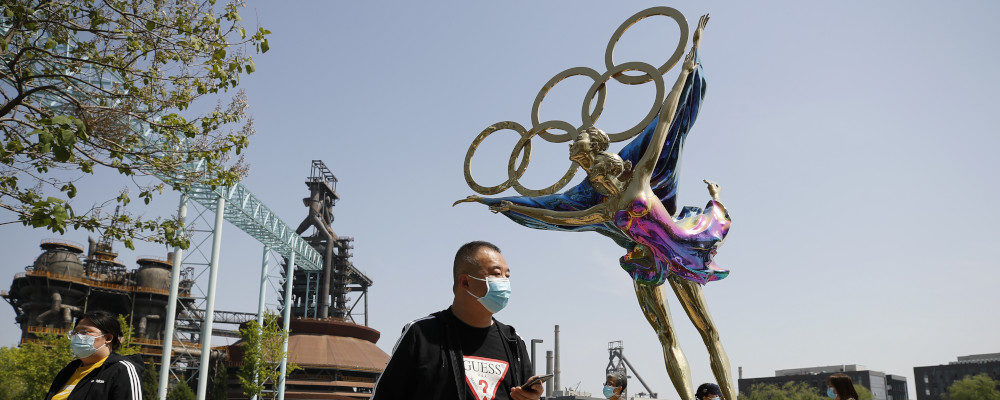The following is adapted from remarks made by Jules Boykoff and Dick Pound in a Munk Debates podcast. Read Boykoff’s column here and listen to the whole episode at: https://munkdebates.com/podcast/beijing-boycott.
Just to be clear, what we’re not talking about here is the capacity of China and/or Beijing to host the games. They are quite capable of doing it.
All of the opposition results from political considerations. They can be dressed up as or labeled as human rights, but these are government actions by the state, and the resolution we’re debating is directed at a sovereign state and its political conduct, which leads us to these questions:
What are the proponents of the motion trying to accomplish? If the objective is to create conduct change in China, how can that conduct change be done? We know that condemnation by human rights groups and equivocal condemnation by some governments in very moderate terms does not work. So how do we direct the dialogue from statement to something that is action oriented?
I’m actually wondering if we’re asking ourselves the wrong question here. Awarding the games to Beijing is not a political vindication of Beijing. Rather, it is a way to make sure the games are in a place that has the capacity and the ability to deliver them at the level that we now expect them to be.
The question of where this happens is not nearly as important as why they should have it. And over the past 125 years, the Olympic movement has managed to carve out these little islands of peace in complicated and difficult political conditions. And I must say, not without some slips and falls along the way, but with a vision of trying to bring the youth of the world together in a peaceful co-existence through sport.
And sport itself is kind of an interesting phenomenon in this, in the sense that it actually does away with a lot of the need for having the same language. Distances, weights and so on are all the same, no matter where you are. A lot of the governance of sport in competition is done by gestures and so forth. You don’t actually need them.
In this effort to try and create that island every four years, we should not be distracted by the location, but be inspired by the message of the example that, yes, it can be done. It is possible.
There is hope for a world that could be less stressful. And it’s come about as the result of sport and the young people who participate in it. That’s the real message of the Olympics.




